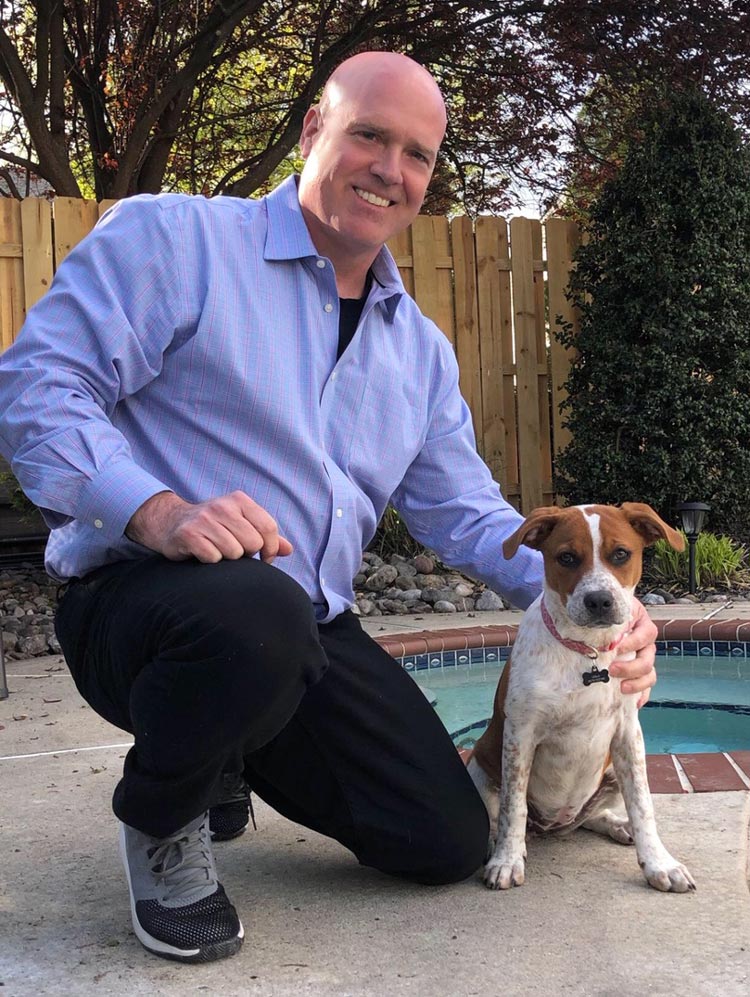High profile legal matters can be exciting to handle. But these same cases present risks that can jeopardize a lawyer’s standing and reputation.
At one time or another in our careers, many of us will handle legal matters with high public visibility. The recognition can build our reputation and our confidence.
But high-profile work brings its own risks. Without planning, management, and a careful eye toward our ethical duties, work in the public sphere can jeopardize the very reputation that attorneys have worked to build.
Publicity and its Ramifications
Our duties as lawyers are to serve clients with skill and discretion. Publicity often runs counter to these duties. Our first requirement, set forth in Pennsylvania Rule of Professional Conduct (“RPC”) 1.1, is to provide competent representation. Competency includes the ability to deal with media coverage, including social media. A lawyer should not put a client before the media to tell his or her story unless the client has been prepared and the media coverage can enhance the client’s position. A rush to publicity can hurt the client’s case. One recent example is the pre-trial television interview of later-convicted child abuser Jerry Sandusky. In the public’s view, the interview did more to convince the audience of Sandusky’s guilt than otherwise.
Publicity also can get in the way of a fair and impartial proceeding. RPC 3.6(a) prohibits a lawyer from making public statements out of court that will create a substantial likelihood of material prejudice in a proceeding. Courts may impose gag orders on lawyers who talk too much to the press about their clients’ cases, unless the order clashes with the First Amendment right to freedom of speech.
Conflicts of Interest
High visibility cases can also lead to conflicts of interest in a variety of ways. It is axiomatic that a lawyer with a high public profile may attract other prominent clients. In other words, high profile work breeds high profile work. The interests of one prominent client may conflict with the interests of another such client, leading to a conflict that may violate RPC 1.7. Consider the case of the New York law firm that served as counsel for the New York Times, and then hired an investigative team that tried to stop the Times from publishing a story about now-convicted sexual predator Harvey Weinstein. The Times was not amused and fired the firm, and the firm suffered a negative round of publicity in the aftermath.
Publication Rights
More conflicts arise when a lawyer seeks (or is sought out) to write a book or article about a case. To put it bluntly, what sells books does not necessarily constitute the best strategy for winning cases. Several high profile defendants, including Martin Luther King assassin James Earl Ray and heiress Patty Hearst, turned on their lawyers because publishing deals compromised the lawyers’ ability to assert defenses in the criminal cases. The Hearst case even included a lawyer’s restriction on Hearst writing a book. Rule 1.8(d) of the Rules of Professional Conduct now addresses this situation by prohibiting lawyers from obtaining literary rights on a matter arising from a client’s representation, until the representation is concluded.
And if a lawyer writes a book, what can the lawyer put in the book without violating client-attorney confidences? The court decision over Reversal of Fortune, Alan Dershowitz’s book about the Claus von Bulow trial (later a movie), held that the privilege is waived for any material contained in the book (but not for anything omitted from the book).
Confidentiality Issues
Another confidentiality issue can arise in a high profile case if an organization’s lawyer gives legal advice to individual agents of the organization. In yet another case arising from the Sandusky scandal, the Pennsylvania Supreme Court held earlier this year that the individual agents, not Penn State, owned the privilege and that the University’s in-house counsel should not have disclosed the individuals’ statements to the grand jury. The Supreme Court ended up imposing discipline on both the lawyer for Penn State and the prosecutor who elicited the confidential statements. (Few, if any, of the Sandusky case participants seemed to emerge unscathed.)
Added Scrutiny
Finally, and importantly, a lawyer’s public role may draw unwanted attention to the lawyer’s own conduct. This can happen in a variety of ways. The media can find out whether the lawyer has, in professional or personal actions, been consistent with the position taken in the litigation. Or the media can point to gossip about the lawyer’s own personal life. The judicial system may start to (or renew) focus on the lawyer’s own alleged violations of the law, as happened with Michael Avenatti, lawyer for adult film star Stormy Daniels in her claims against President Trump. In high visibility work, the old adage made popular by President Harry Truman, “If you can’t stand the heat, stay out of the kitchen,” may ring true.


